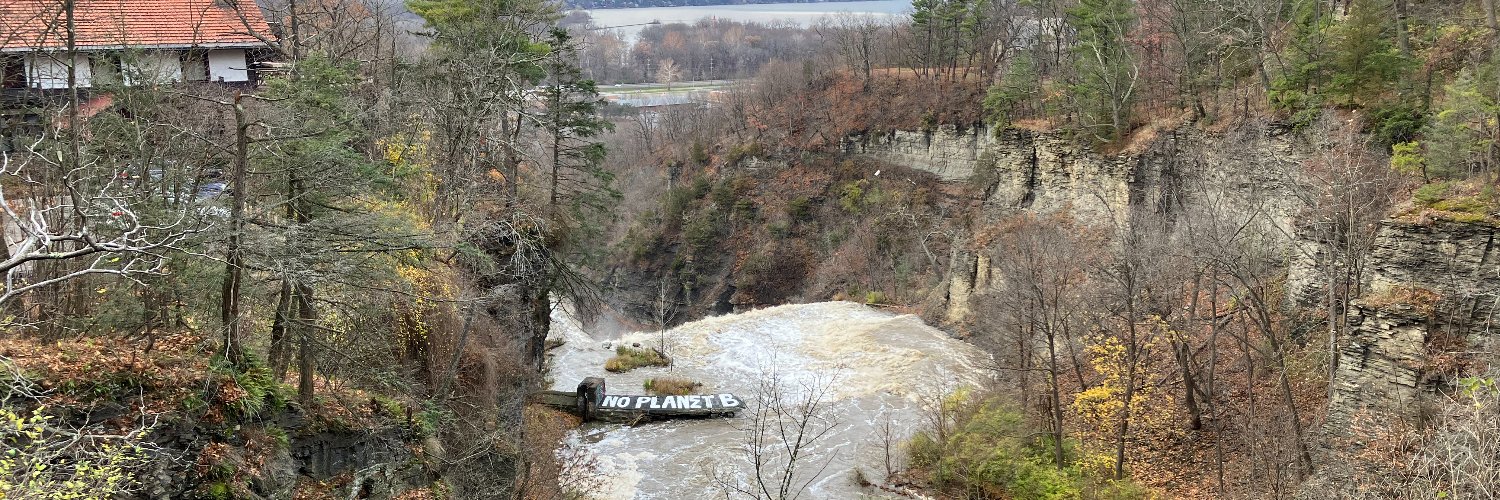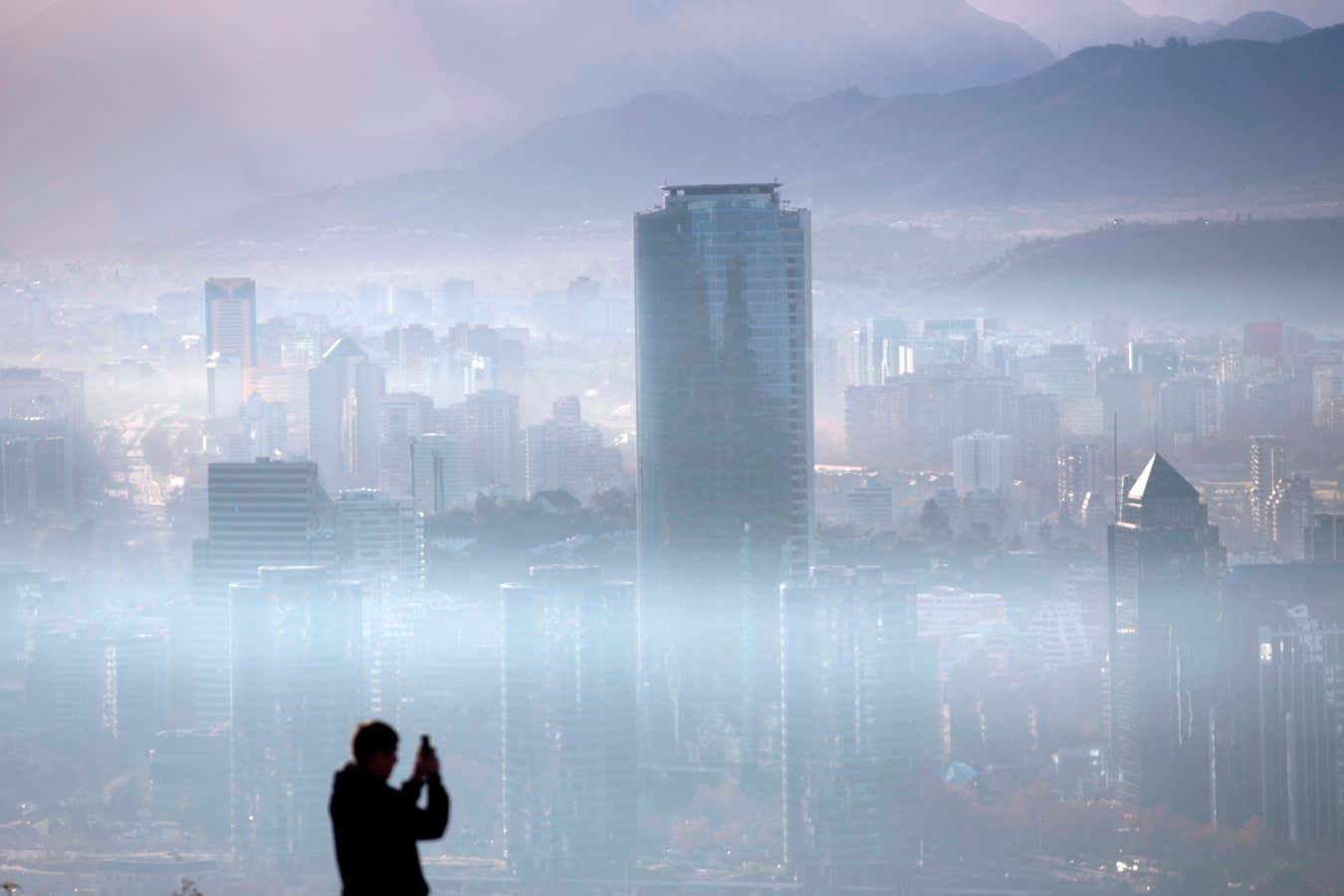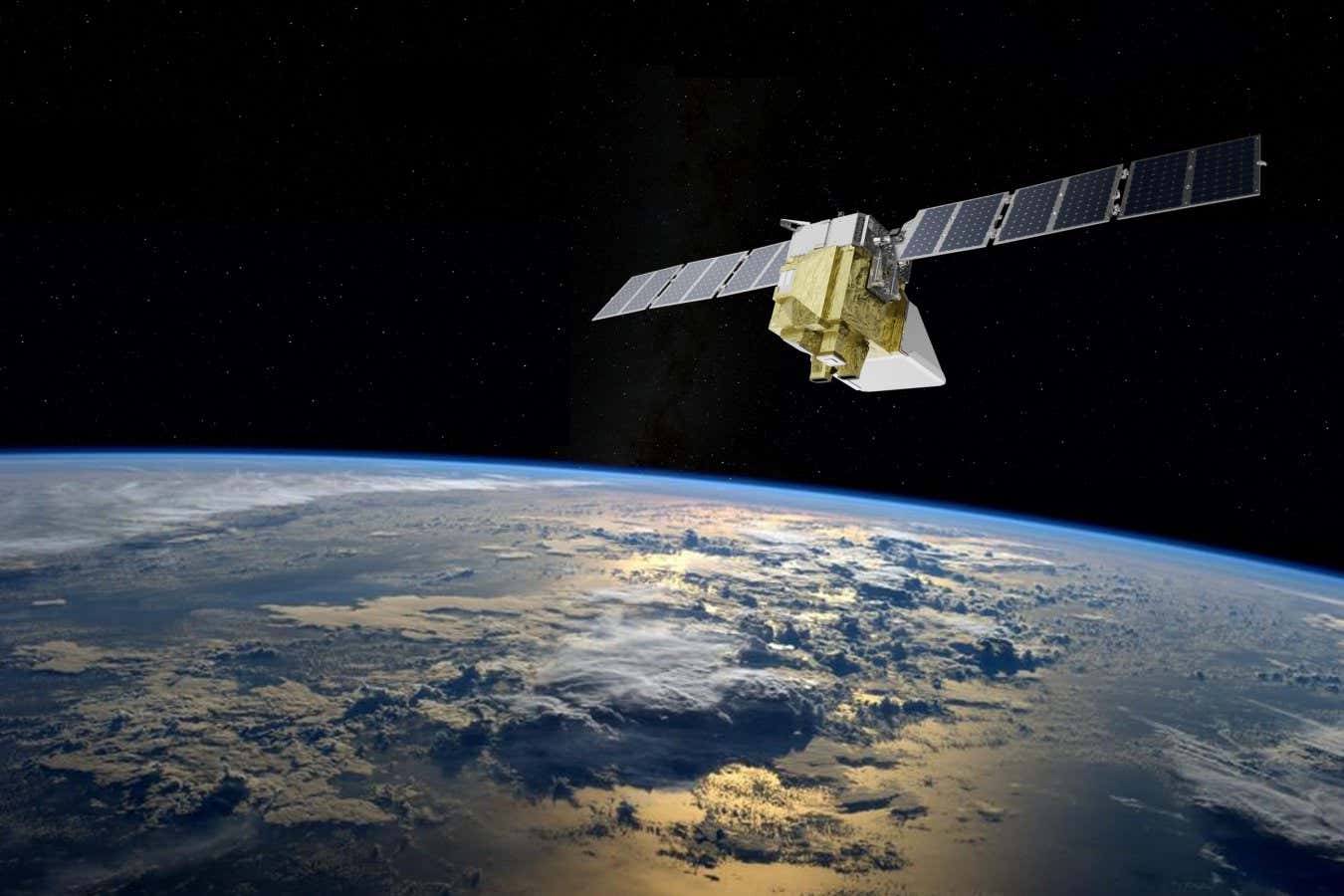
James Dinneen
@jamesNESW
Reporting on Earth @NewScientist from NYC. Email james.dinneen at http://newscientist.com | Signal @jamesnesw.44. Writing newsletter at http://northeastsouthwest.substack.com
In my newsletter this month I wrote about some fascinating research that identifies what is probably the deepest effect of human activity on Earth: northeastsouthwest.substack.com/p/how-the-anth…

Since 2015, freshwater loss from land — mainly from pumping groundwater — has contributed more to sea level rise than melt from Antarctic ice sheet. 🧪 newscientist.com/article/249000…

I don't think New Yorkers are disappointed by this mayoral field. They're voting, volunteering, cheering, gaming it out, endorsing ranked slates, coming to rallies, writing original songs, having look-alike contests, hugging the candidates in the street! cityandstateny.com/opinion/2025/0…
There was lots of concern when we learned the land carbon sink in 2023 virtually disappeared due to fire, heat, and drought. Early estimates suggest it happened again in 2024 -- but for different reason.🧪 newscientist.com/article/248966…

By one estimate, the world generates enough organic waste for this approach to remove as much as 5 billion tonnes of CO2 from the atmosphere each year, enough to meet much of the CO2 removals needed to get to net zero emissions. 🧪newscientist.com/article/248961…

Cleaning up aerosol pollution is critical for public health. But reducing aerosols is also unmasking warming from greenhouse gases - researchers here find this influence is strongest in populated places. 🧪newscientist.com/article/248904…

This could be a big deal for farmers and CO2 removal: the centuries-old practice of liming has long been counted as a major source of emissions, but with proper accounting it might actually help remove large amounts of CO2 from the air. newscientist.com/article/248891…

The strongest of the infamous New England gales known as nor’easters have gotten even stronger since the 1940s, likely due to warming ocean temperatures. New work by @MichaelEMann etal. newscientist.com/article/248808…

"Nor'easters slamming New England are growing more powerful" | Piece by James Dinneen (@JamesNESW) in @newscientist on our new @pnas.org article: newscientist.com/article/248808…
New modeling suggests that meeting even the 2°C Paris Agreement climate target will be virtually impossible without a huge expansion of CO2 removal/capture technologies, alongside aggressive emissions cuts.🧪 newscientist.com/article/248773…

Reflecting also on the sheer amount of people, effort, and money serious field work like this epic NSF-funded project requires. Reliable weather forecasts and weather data don't just fall from the sky!!
I rode along with the meteorologists chasing the world's most extreme hail storms across the Great Plains in a massive effort improve our forecasts of these damaging events. Thanks to all involved in @nsf_icechip for having us. Had a hail of a good time. youtube.com/watch?v=u_Ci6-…
Dozens of meteorologists have just concluded the largest ever study of extreme hail after 42 days of storm-chasing across the US Great Plains. New Scientist's @jamesNESW rode into one of the most extreme storms the campaign encountered. Watch more: newscientist.com/video/2487650-…
I rode along with the meteorologists chasing the world's most extreme hail storms across the Great Plains in a massive effort improve our forecasts of these damaging events. Thanks to all involved in @nsf_icechip for having us. Had a hail of a good time. youtube.com/watch?v=u_Ci6-…
Disappearing snowpack across cold forests of the north could substantially slow their growth, in what researchers say is an overlooked consequence of climate change. 🧪🌍 newscientist.com/article/248706…

MethaneSAT has lost power less than a year and a half after it was launched. Its loss is a major blow to efforts to track and stop emissions of the potent greenhouse gas. newscientist.com/article/248663…

Geologists have long debated whether this formation in Canada contains the world's oldest rocks – new measurements make a compelling case that they do. 🧪🌍 newscientist.com/article/248595…

Spider-like creatures living near methane seeps on the seafloor appear to cultivate and consume microbial species on their bodies that feed on the energy-rich gas. newscientist.com/article/248535…

“What if the rockets explode at the surface?” says Yu. “That’s a valid concern.” newscientist.com/article/248444…

A British biotech firm says it has collected genetic data from a million new microbial species living in extreme environments to train a "ChatGPT of biology". newscientist.com/article/248432…
